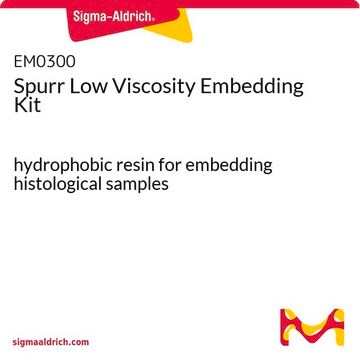C0250
Sodium cacodylate trihydrate
≥98%
Synonym(s):
Cacodylic acid sodium salt trihydrate, Dimethylarsinic acid sodium salt, Dimethylarsonic acid sodium salt
About This Item
Recommended Products
Assay
≥98%
form
powder
pH
5.1-7.4
pKa (25 °C)
6.27
solubility
water: 100 mg/mL, clear, colorless
application(s)
ADME/TOX
storage temp.
room temp
SMILES string
[Na+].[H]O[H].[H]O[H].[H]O[H].C[As](C)([O-])=O
InChI
1S/C2H7AsO2.Na.3H2O/c1-3(2,4)5;;;;/h1-2H3,(H,4,5);;3*1H2/q;+1;;;/p-1
InChI key
RLGWPHBPRCROJO-UHFFFAOYSA-M
Looking for similar products? Visit Product Comparison Guide
General description
Application
Signal Word
Danger
Hazard Statements
Precautionary Statements
Hazard Classifications
Acute Tox. 3 Inhalation - Acute Tox. 3 Oral - Aquatic Acute 1 - Aquatic Chronic 1 - Carc. 1B
Storage Class Code
6.1B - Non-combustible acute toxic Cat. 1 and 2 / very toxic hazardous materials
WGK
WGK 3
Personal Protective Equipment
Certificates of Analysis (COA)
Search for Certificates of Analysis (COA) by entering the products Lot/Batch Number. Lot and Batch Numbers can be found on a product’s label following the words ‘Lot’ or ‘Batch’.
Already Own This Product?
Find documentation for the products that you have recently purchased in the Document Library.
Customers Also Viewed
Our team of scientists has experience in all areas of research including Life Science, Material Science, Chemical Synthesis, Chromatography, Analytical and many others.
Contact Technical Service







